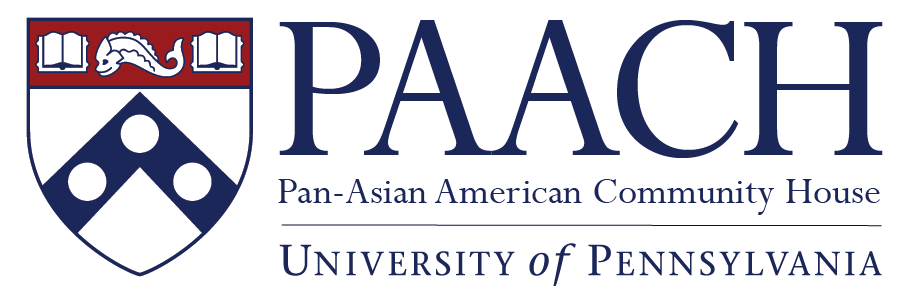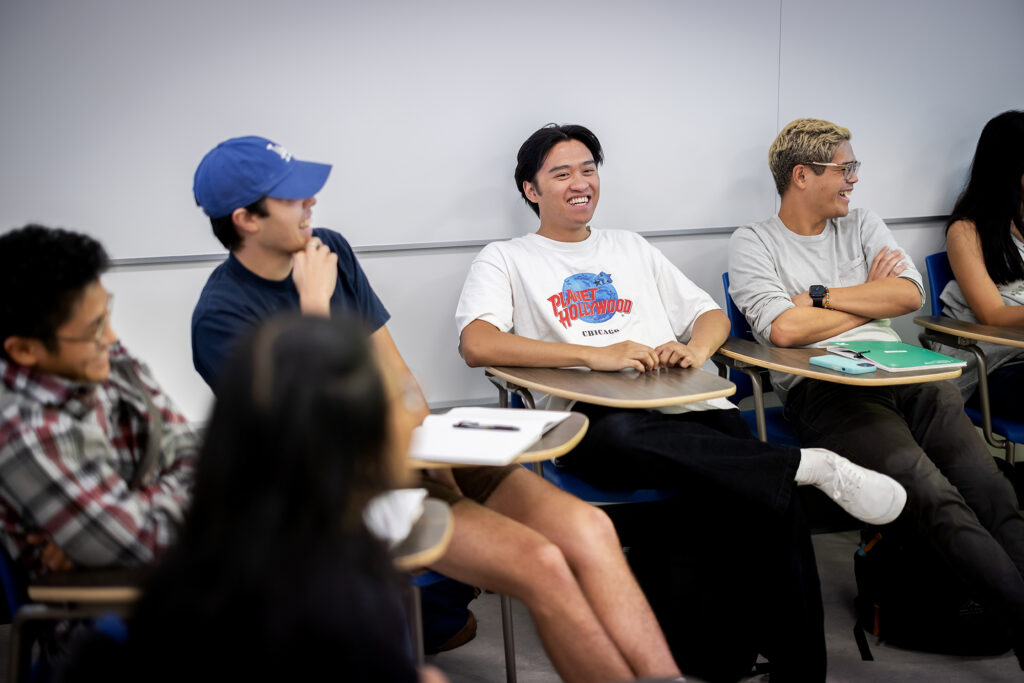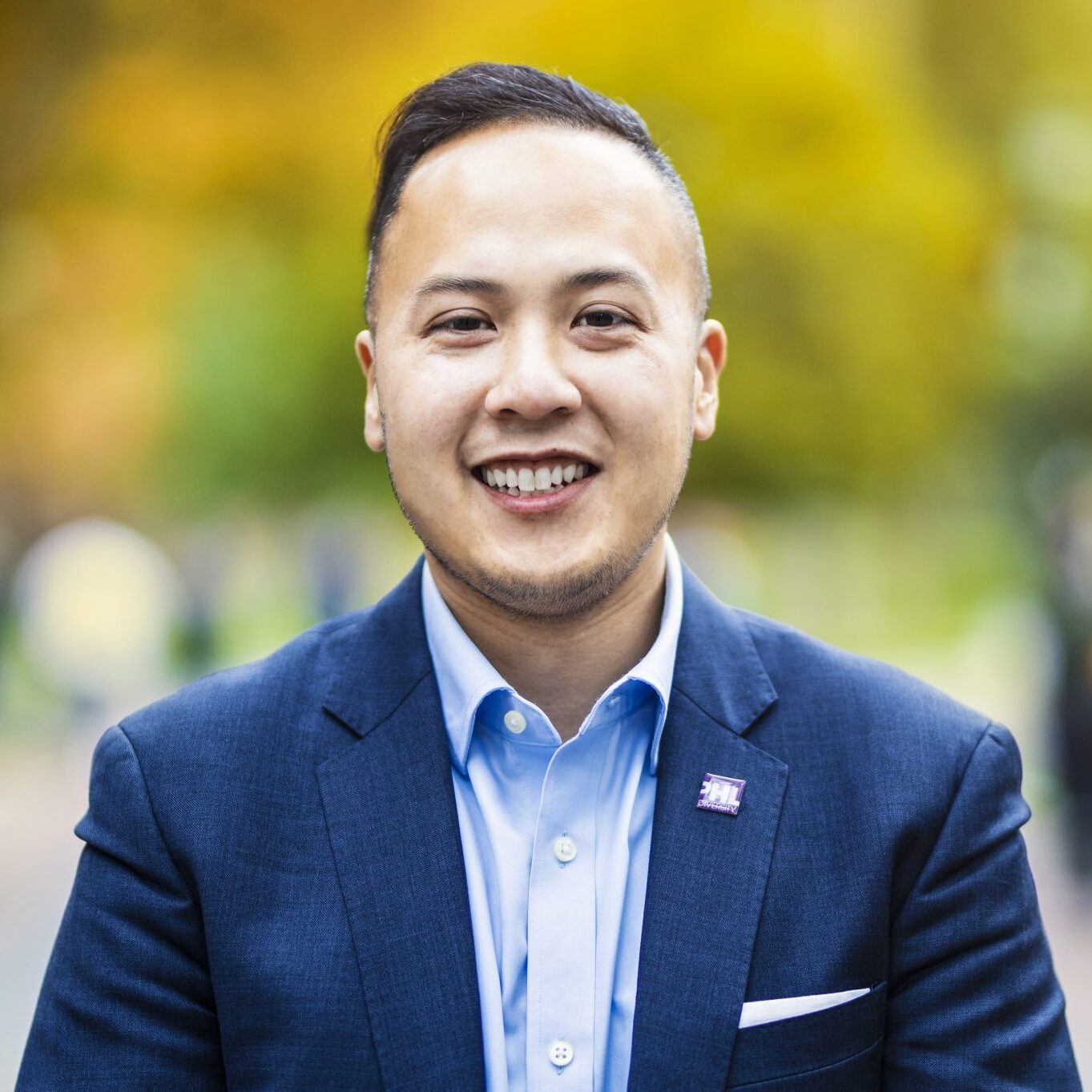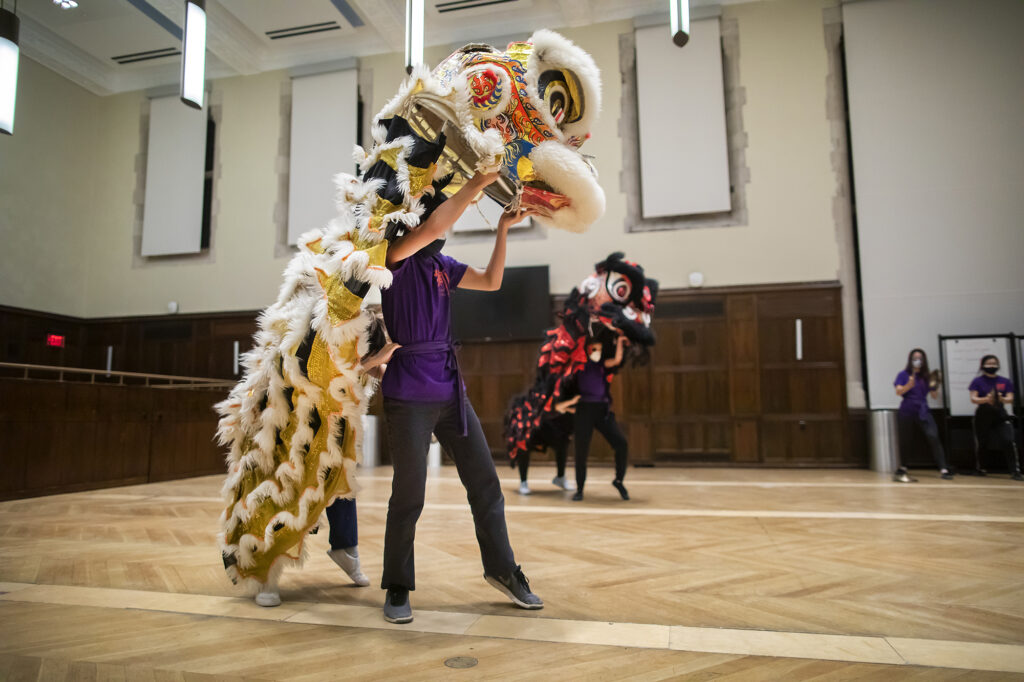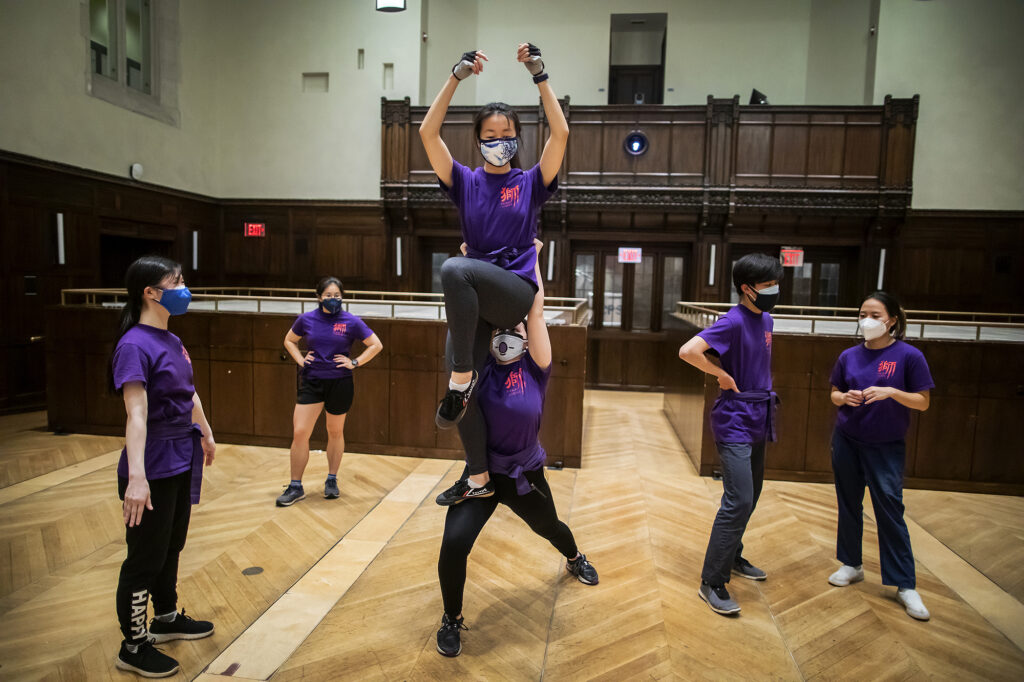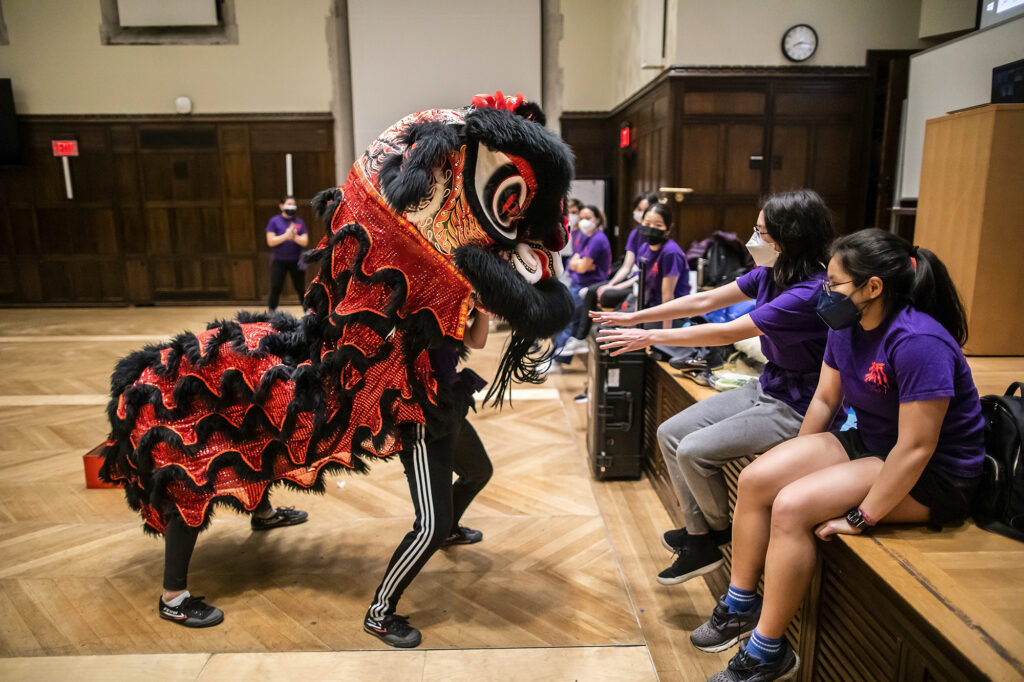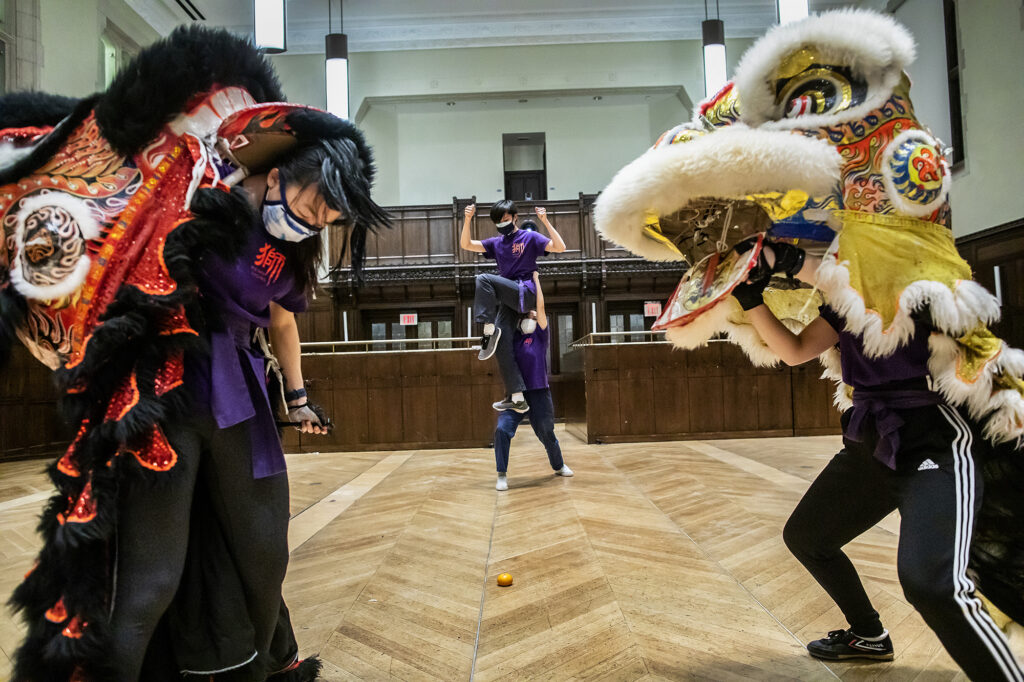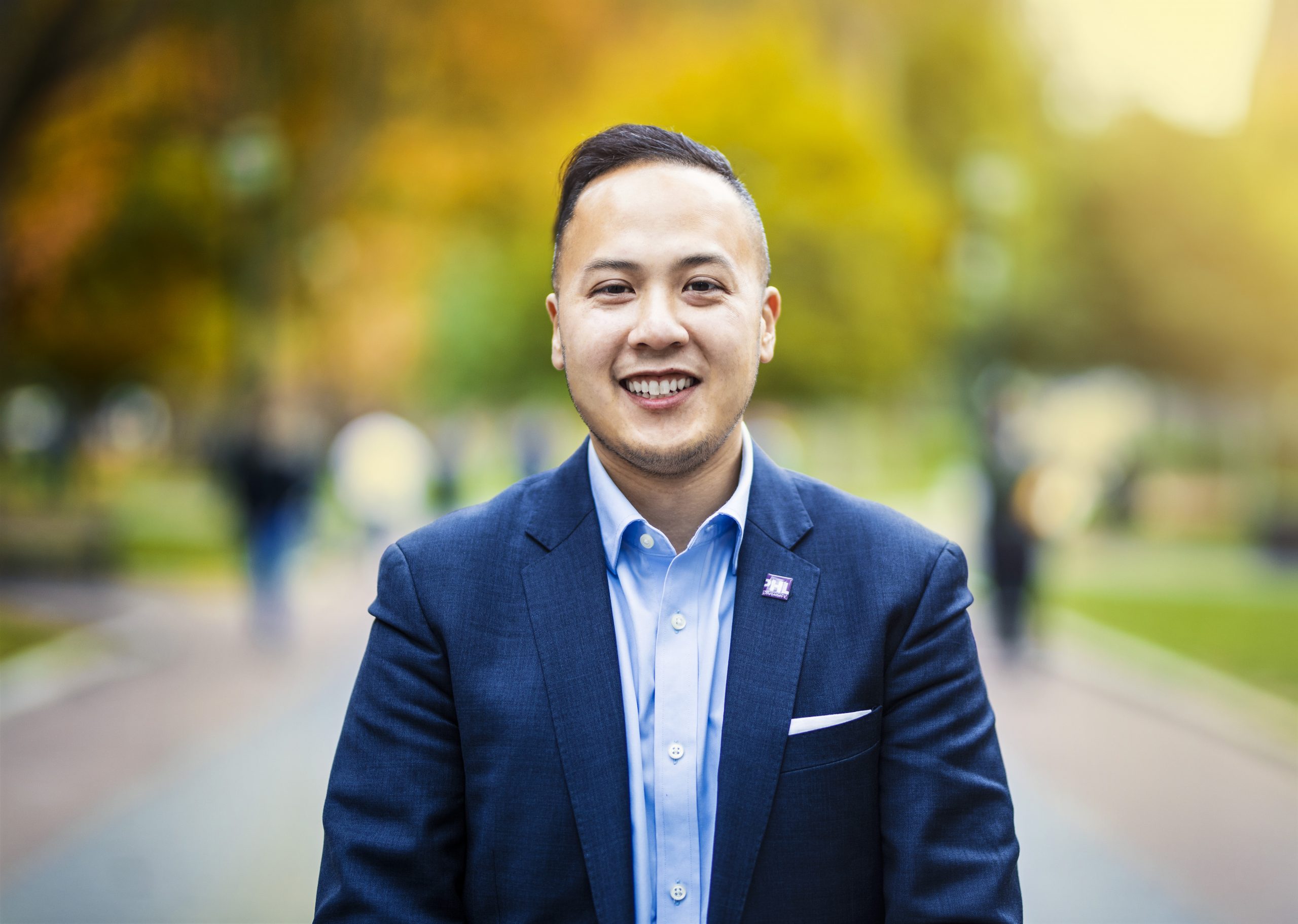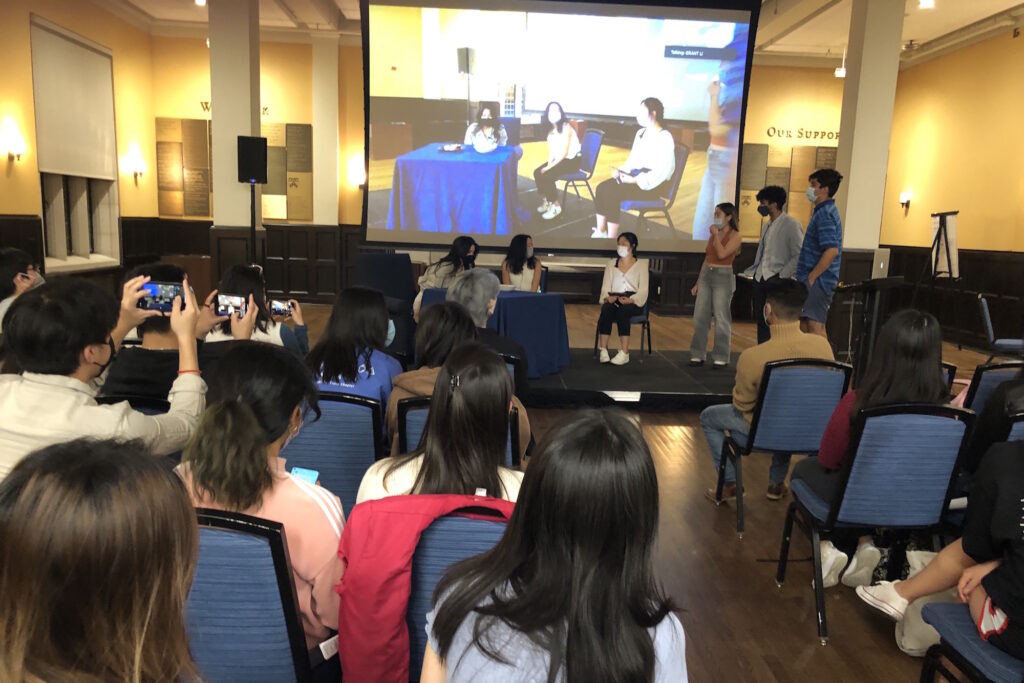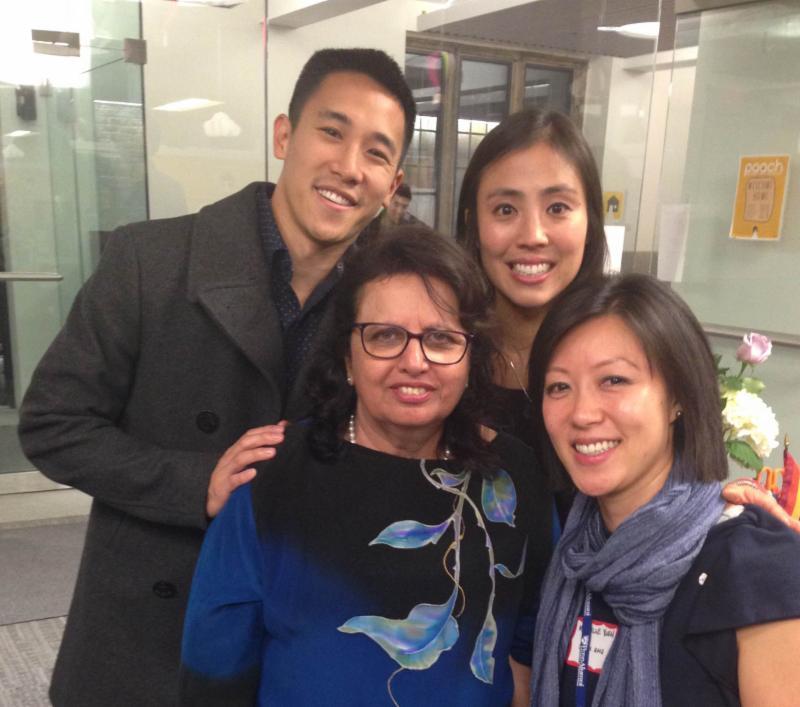At Penn, the program was started by Erlinda Juliano 27 years ago. As she was preparing for her retirement, Juliano met Aquino at a Filipino cultural event called Barrio, hosted by the Penn Philippine Association, and started asking pointed questions. Was Aquino originally from the Philippines? She was. Does she speak Filipino fluently? She does. Had she ever taught the language before? She had.
Juliano encouraged Aquino to apply for the lecturer position. Aquino almost hesitated. She already had a full-time job as the associate director at the Pan-Asian American Community House (PAACH) and a 2-year-old daughter at home.
But the language is important to her, Aquino says. She didn’t want students to miss the chance of learning how to speak their heritage language.
Aquino stays late twice a week to teach her students, bringing movies, art, culture, and music into the classroom. Aquino took students to the Penn Museum to look at artifacts from the Philippines. She brings in cultural components, teaching the students slang and showing contemporary videos. On Oct. 31, the students are headed to PAACH for “Halo-Halloween.” Halo-Halo is an elaborately layered, special occasion dessert. There will also be singing because “Karaoke is part of our culture,” she says. “It’s not just a language class.”
Polyglot Oksana De Mesa, a clinical research nurse at the Perelman School of Medicine, is originally from Ukraine. She grew up speaking Ukrainian, learned Russian when her family immigrated to Chicago, added Mandarin, and dabbled in Spanish, Japanese, and Korean. De Mesa loves languages and enrolled in the course so she could speak with her husband in his native tongue, she says. “Plus, it would be nice to impress my in-laws eventually, especially Lola Luz, the grandmother.” (Lola means grandmother in Filipino.)
De Mesa’s Spanish has come in handy because of the abundance of Spanish loan words in Filipino, she says. This includes common vocabulary like sala (living room), gwapo (handsome; guapo in Spanish) and mundo (world), recognized in Filipino along with the Tagalog word for world, daigdig.
The commonalities are no coincidence. Spain colonized the Philippines for more than 300 years until 1898, when it ceded the region to the U.S. at the end of the Spanish-American War. The U.S. established military rule over the country and remained in power until Japanese occupation during World War II. The Philippines gained independence in 1945.
Now, Aquino says, Filipinos have a great sense of national pride in their language and culture, and students living in the diaspora want to take part. In one class, at Aquino’s urging, Verano led the class in singing the anthem, “Lupang Hinirang,” which means “Chosen Land.”
Aquino, who grew up in the Philippines, says, “Every morning, we had to sing the national anthem, place our hands over our hearts.” Most of her students had heard the anthem before. “Honestly, it’s kind of a banger,” says one of the students, and her classmates laugh and nod.
Hearing the students learn and speak Filipino is the most gratifying part of the work, Aquino says. Even though she is away from her daughter, “it’s for her, too,” Aquino says, and an important part of perpetuating the language and cultural knowledge.
Sefora Elish, a first-year nursing student from Syosset, New York, calls her grandparents to share what she’s learned after every class. They taught her a few words, she says, but mainly switched to Filipino when they wanted to tell secrets, she says. When Elish saw the language offered at Penn, “I had to do it,” she says. “It’s important because a lot of schools don’t offer it.” Often in class, Elish finds herself saying, “Oh, I know that word, but now I can put it in a sentence.”
As for Villegas, he hasn’t yet told his family in California that he’s learning Filipino. He’s going to wait. Then, during Winter Break, he can greet and surprise his grandparents with “Mano po. Kumusta po kayo,” a traditional way of greeting elders. “It’s going to be a Christmas present,” he says.
(While the terms “Filipino” and “Tagalog” refer to different variations of the language, they are used interchangeably by speakers in this story.)
